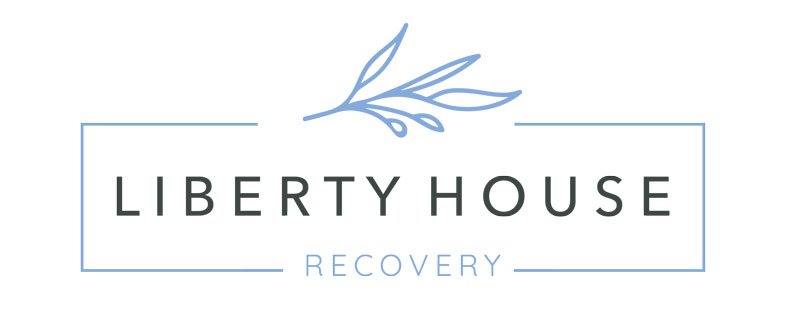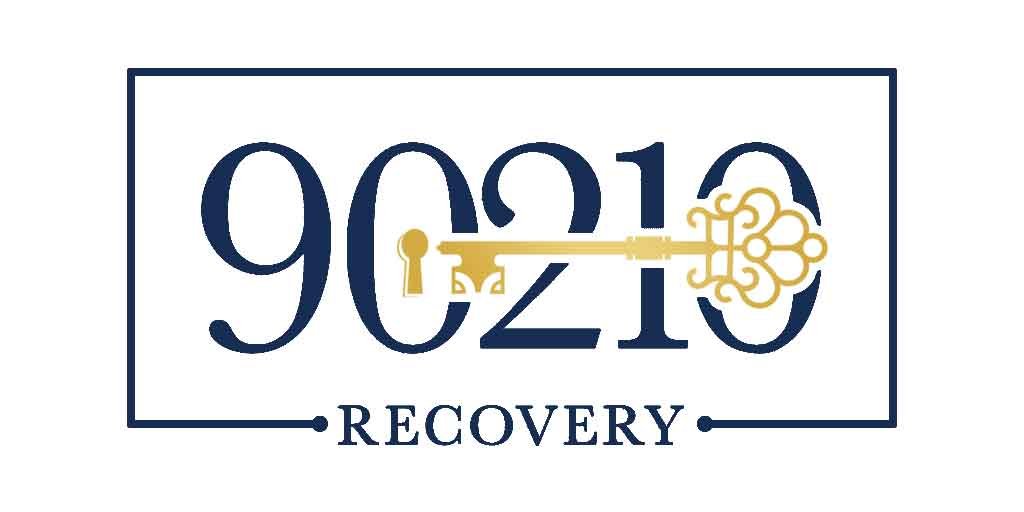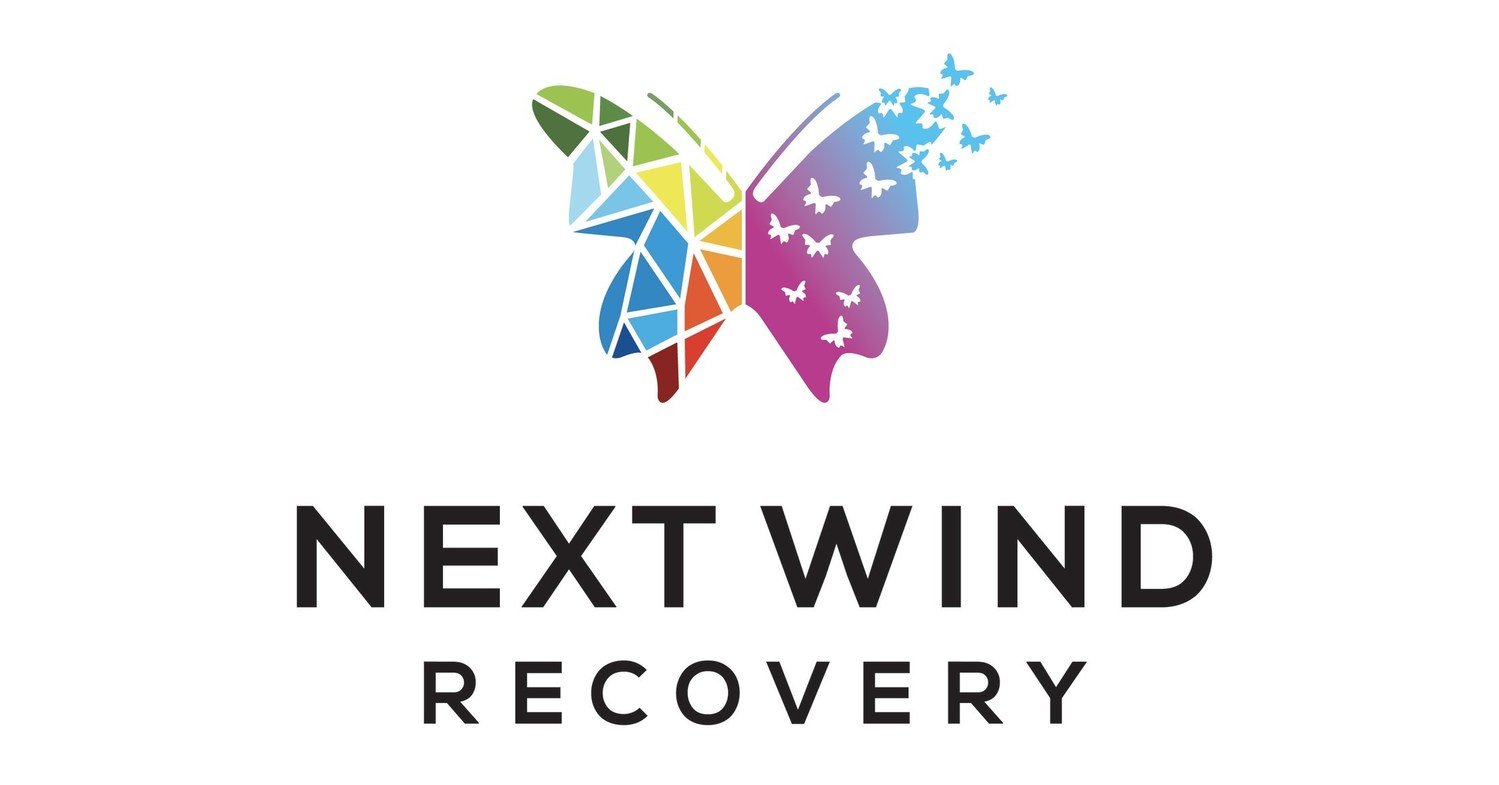California’s Patient Brokering Law - SB 1228 and What it Means For Marketing in The Addiction Space
On September 27th, 2018 Senator Ricardo Lara signed bill SB1228 “Alcoholism or drug abuse recovery and treatment services: referrals law.” Just as the name may imply, this bill puts in place laws similar to that of Florida. The aim of this legislation is to remove the “patient brokering” that has hurt, and in some cases, killed patients. It did it jobs in Florida, however, there was some collateral damage done in Florida which took down some of the quality treatment centers in the state.
Here we will discuss the importance of proper addiction marketing techniques to help those in California in the hope that quality centers will be able avoid the issues seen in Florida.
What is the SB 1228 in California?
Prior to getting into what the SB1228 law is, we are not a legal firm and are not providing you with true legal advice. We highly recommend you consult with a lawyer if you are a treatment provider.
The new law, SB 1228, applies to all California addiction treatment providers including inpatient, residential, and outpatient. The follow are persons, programs, or entities who shall not give or receive payment or anything of value for the referral of a person who is seeking treatment services.
Section 2 2 adds to the health and safety code, reading:
· Alcoholism or drug abuse recovery and treatment facility licensed under this part.
· An owner, partner, officer, or director, or shareholder who holds an interest of at least 10 percent in alcoholism or drug abuse recovery and treatment facility licensed under this part.
· A person employed by, or working for, alcoholism or drug abuse recovery and treatment facility licensed under this part, including, but not limited to, registered and certified counselors and licensed professionals providing counseling services.
· Alcohol or other drug program certified by the department in accordance with the alcohol or other drug certification standards established pursuant to Section 11830.1.
· An owner, partner, officer, or director, or shareholder who holds an interest of at least 10 percent in an alcohol or other drug program certified by the department in accordance with the alcohol or other drug certification standards established pursuant to Section 11830.1.
· A person employed by, or working for, alcohol or other drug program certified by the department in accordance with the alcohol or other drug certification standards established pursuant to Section 11830.1, including, but not limited to, registered and certified counselors and licensed professionals providing counseling services.
· Notwithstanding the rulemaking provisions of the Administrative Procedure Act (Chapter 3.5 (commencing with Section 11340) of Part 1 of Division 3 of Title 2 of the Government Code), the department may, if it deems appropriate, implement, interpret, or make specific this section by means of provider bulletins, written guidelines, or similar instructions from the department, until regulations are adopted.
Section 3 added to the health and safety code as well which discusses penalties if the department finds any violations of section 11831.6 mentioned above:
· Assess a penalty upon alcoholism or drug abuse recovery and treatment facility licensed under this part.
· Suspend or revoke the license of alcoholism or drug abuse recovery and treatment facility licensed under Chapter 7.5 (commencing with Section 11834.01), or deny an application for licensure, an extension of the licensing period, or modification to a license. Article 4 (commencing with Section 11834.35) of Chapter 7.5 shall apply to any action taken pursuant to this paragraph.
· Assess a penalty upon alcohol or other drug program certified by the department in accordance with the alcohol or other drug certification standards established pursuant to Section 11830.1.
· Suspend or revoke the certification of alcohol or other drug program certified by the department in accordance with the alcohol or other drug certification standards established pursuant to Section 11830.1.
· Suspend or revoke the registration or certification of a counselor for a violation of Section 11831.6.
· The department may investigate allegations against a licensed professional providing counseling services at an alcoholism or California drug rehabs recovery and treatment program licensed, certified, or funded under this part, and recommend disciplinary actions, including, but not limited to, termination of employment at a program and suspension and revocation of licensure by the respective licensing board.
· Notwithstanding the rulemaking provisions of the Administrative Procedure Act (Chapter 3.5 (commencing with Section 11340) of Part 1 of Division 3 of Title 2 of the Government Code), the department may, if it deems appropriate, implement, interpret, or make specific this section by means of provider bulletins, written guidelines, or similar instructions from the department, until regulations are adopted.
What Happened In Florida?
After the patient brokering law in Florida was passed, most centers who were engaging in such a practice found themselves in a very tough spot. Many of them had been used to doing business the same way for a decade and refused to change. On the flip side, the centers who were providing quality care were hurt because of the stigma that was placed on Florida recovery centers in the media. After all fo this, the final blow for many facilities was Google’s requirement for Legit Script certification to run on their AdWords platform, quickly followed by Facebook.
How can California Center Ensure Their Survival?
There are many ways that centers who, in the past, may have used brokers for marketing practices. Again, it wasn’t illegal until now, so put it behind you and move forward. The issue that we, as a marketing agency, saw in Florida was that owners refused (yes, they actually refused) to adapt to the new laws and the direction the industry was going. Because of this, they forced themselves into a trend known as Digital Darwinism.
Digital Darwinism is a business (or industry) which goes extinct due to the inability or refusal to adapt to the new consumer behavior. Simply put, your business needs to change or you will go under. It truly is that simple. Consumers use multiple channels prior to making a decision and you should be marketing to them on all of them.
Where did we see Digital Darwinism in Florida?
Most facilities were so focused on the pay to play model, weather that was paying for calls/leads or paying for admissions, they forgot about true marketing, which is still very legal in the state of Florida and California. They had been sold, for so long, on the pay for result mentality, that they completely forgot to build their own brand. They paid only for “marketing techniques” that had a guaranteed result. Sadly, that isn’t how marketing is in the addiction space anymore. The owners of facilities found that they could no longer buy phone calls or pay per admission so they quickly moved to Google paid search (another pay for performance platform), which quickly required Legit Script Certification. The Legit Script Certification process took months and unless a facility had reserves and a great name for referrals, they were in serious trouble.
How To Not Lose in Addiction Marketing
Digital Darwinism focuses around the consumer behavior that is changing and boy has it changed. When The Drug Rehab Agency opened 8 years ago, marketing a facility was relatively simple. Do some good SEO and paid search management and clients will show up. In 2019 and beyond, this is no longer the case. Potential patients use multiple sites and sources prior to making a choice. In fact, it takes 25-55 days from the initial search, for someone to convert. So, recovery centers need to understand this. They MUST continue to have conversations with site visitors for at least 30 days. Our most successful clients continue to show ads and videos to site visitors for 90 days.
How to Continue the Conversation
Site retargeting is something we have continued to provide works for our clients. If you have your legit script certification and are spending money on Paid Search you MUST run retargeting. Retargeting allows your facility to display ads and videos to people AFTER they leave your website without converting.
We know that someone will come to a recovery center site at least 5 times prior to converting and that around the 7th visit is when the call is made. How are you getting them back to your site as of now? By hoping they Google the same thing and find you at $50+/click? I hope not.
By integrating retargeting, you can not only keep your brand top of mind and increase your brand recognition (which works very well, just ask Passages Malibu) you can show videos of your facility, testimonials from alumni, and outline why they should choose your center. It is a must have in this day and age when 70% of site traffic is done on mobile.
What Else Can Be Done?
Focus on your brand. Your name is everything. Continue to grow your quality reviews each month as we have found a closing google search is the name of the facility and the term “review”. Just like buying anything, people want to know they are making a good choice, so help them by showing that your facility is special and that people are happy to talk about their experience.
Invest in content and SEO
Where do you rank for different keywords? Not just the money keywords, but the keywords search when they find out their loved one is using. Your website should be a library of information that is ranking well so people can get their questions answered. A downfall of centers in the past is they only invest in areas which provide immediate ROI, that must change or the center will fall. Provide valuable content and when the person is ready, they will call.
Video Content
Video content is king in all spaces that deal with consumers. It’s easier for people to consume and allows you to show more while saying less. Think of adding a tour to your facility with a voice over walkthrough explaining why the center does what it does. Have alumni provide testimonials, get clinical staff to speak to the experience they aim to provide. These are all things you can easily do to help increase eye balls on your brand.








